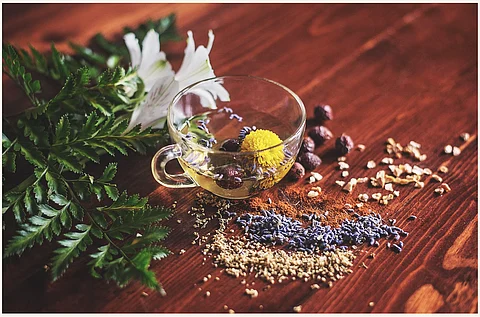By Dr. Nithin GN
The use of herbal medicine dates back thousands of years. According to estimates, 80% of the world's population gets their primary medical care from traditional herbal medicine [1]. The safety and effectiveness of herbal therapy have become a public health concern as the use of herbal products has increased. The toxicities brought on by contaminants or adulterants may be to blame for the negative health effects of Ayurvedic medicines. The requirement for and necessity of toxicological studies for herbal products have been underlined by mounting evidence of the adverse effects of herbal therapy.
Regarding Ayurveda, most people think it has no side effects as it is from herbs and natural remedies, but each drug has unique impacts on the body. Isn't it deceptive to claim that it has no side effects if it has an effect? Any medication taken without a doctor's prescription could be dangerous if used improperly. For Ayurveda, this norm is also acceptable. Additionally, Ayurveda moves at the pace set by your body, and it is based on personalized medicine, where doctors prescribe based on the Prakriti (nature) of the individual.


